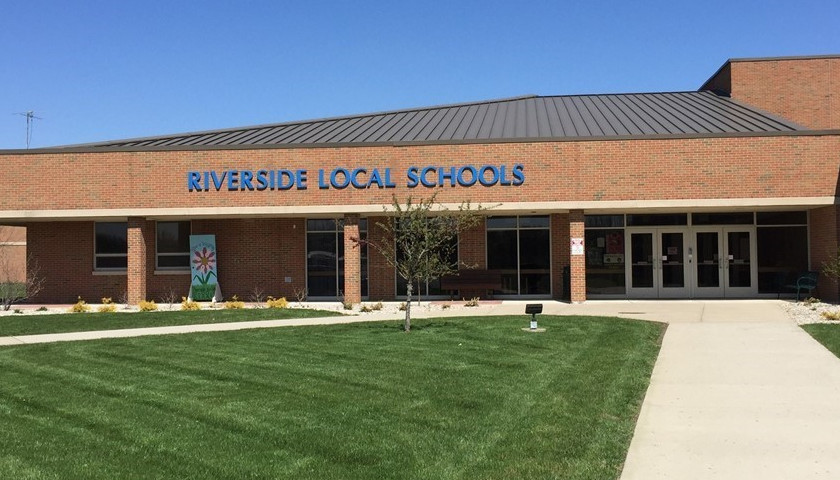July’s State School Board meeting was an emotional one for members of the Teaching, Leading and Learning Committee. Riverside Local School District presented the incredible reading gains its elementary students have been making. According to board members, the teachers and staff were understandably excited as they shared what a difference two years have made.
“It is encouraging to see districts like Riverside finding proven, workable solutions to meet the most foundational educational needs of their students,” Chair of the Committee Sarah Fowler told The Ohio Star. “I’ve been particularly concerned about Ohio’s dismal literacy rate that hasn’t improved in 15 years.”
“One of the most prevalent themes in the presentation by Riverside was the importance of teachers learning how to equip their students to read through instruction in phonemes, phonetics and decoding – this is what led to their exceptional gains,” Fowler said.
Sixth grade teacher Jennifer Walls tearfully shared her experience with the committee. She has been teaching for more than two decades, but too often had been unable to break through students’ reading barriers. Walls said it made her feel like a failure. The “scientific approach” to reading that she has learned in the last two years has given her the tools she’d been longing for to unlock the doors to reading for her students. It’s made all the difference.
 Principal Mason Bryan shared details on the achievement. After traveling the state for years seeking not just to pull their Third Grade Reading Guarantee grades out of the hole, but to find a way to truly help their students, the district applied for an early learning literacy grant.
Principal Mason Bryan shared details on the achievement. After traveling the state for years seeking not just to pull their Third Grade Reading Guarantee grades out of the hole, but to find a way to truly help their students, the district applied for an early learning literacy grant.
It turned out to be the answer to their problems. There were numerous stipulations, but Scott Mann, Riverside’s superintendent, got the ball rolling. The key components were teachers hungry for direction, literacy coach Margo Shipp, and the professional development from Voyager Sopris.
“Our teachers are better at their craft now that they’ve been taught this program,” Bryan said. He shared the five components with The Ohio Star: phonics, phonological awareness, vocabulary, reading comprehension and fluency. “Every class is different, but I am confident that we are cracking a code.”
Early results are very encouraging. Principal Bryan noted that the district’s passage rate for the fall third grade reading test was normally in the 20-percent range, improving in the spring to between 50 and 60 percent. Last fall’s test, after two years of the new methods, saw the score jump to 66 percent. The most recent data on their spring scores indicates an astounding 93 percent.
“We learned more in 104 hours of professional development than we did in all of teacher prep school,” Bryan said.
Chair Fowler concurred. “The lack of phonetic instruction and decoding skills given in teacher prep colleges is often lamented to me from reading teachers and intervention specialists throughout my district.”
For Riverside, student engagement has risen along with reading scores.
New board member Steve Dackin, a former superintendent, congratulated Riverside. “I know how hard you guys have worked to bring reading scores up in your district, and it’s just wonderful that you could be here today and share your success story with us.”
– – –
Beth Lear is a reporter at The Ohio Star. Follow Beth on Twitter. Email tips to [email protected].
Photo “Riverside Local Schools” by Riverside Local Schools.






It takes one hundred and four hours to teach trained teachers to use the straightforward approach (phonics) that any reasonably literate parent would use automatically? It is good to know that common sense may finally be trumping abject failure, but it still looks like a bit of a boondoggle for whoever is supplying all those hours of “professional development”. Before we had departments of education to make learning so complicated and expensive, many children were taught the basics at home by their parents.